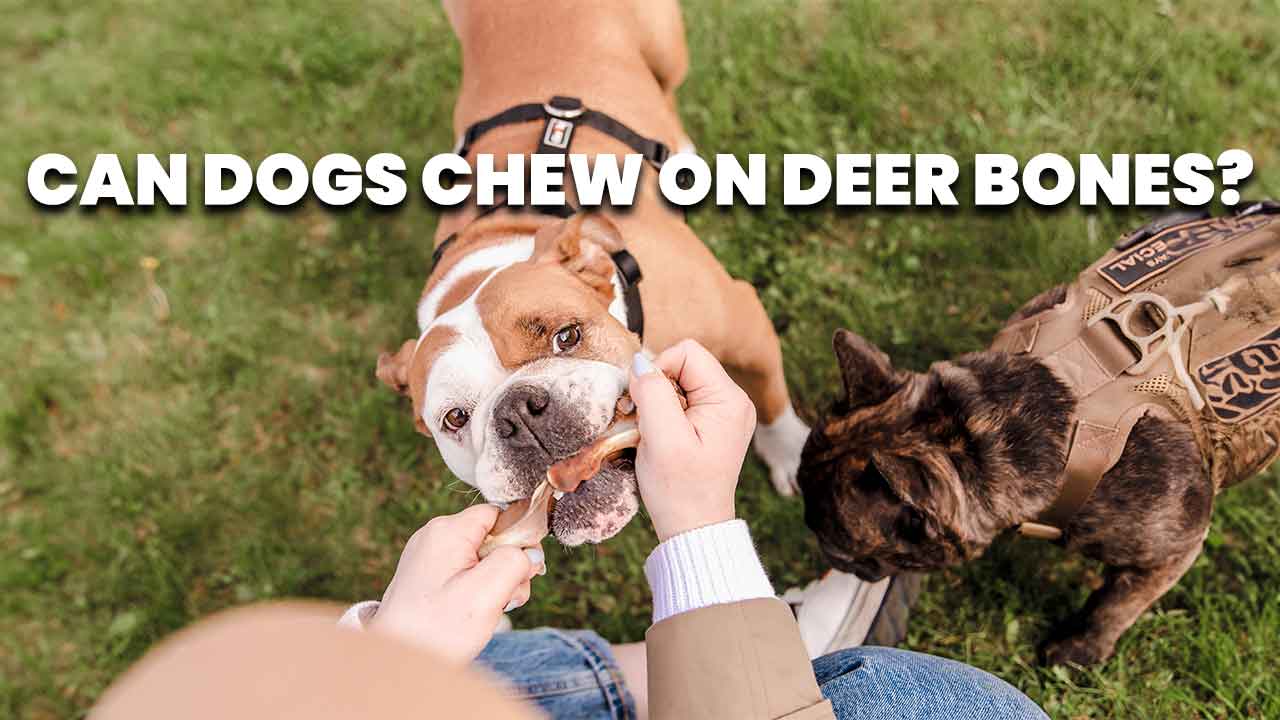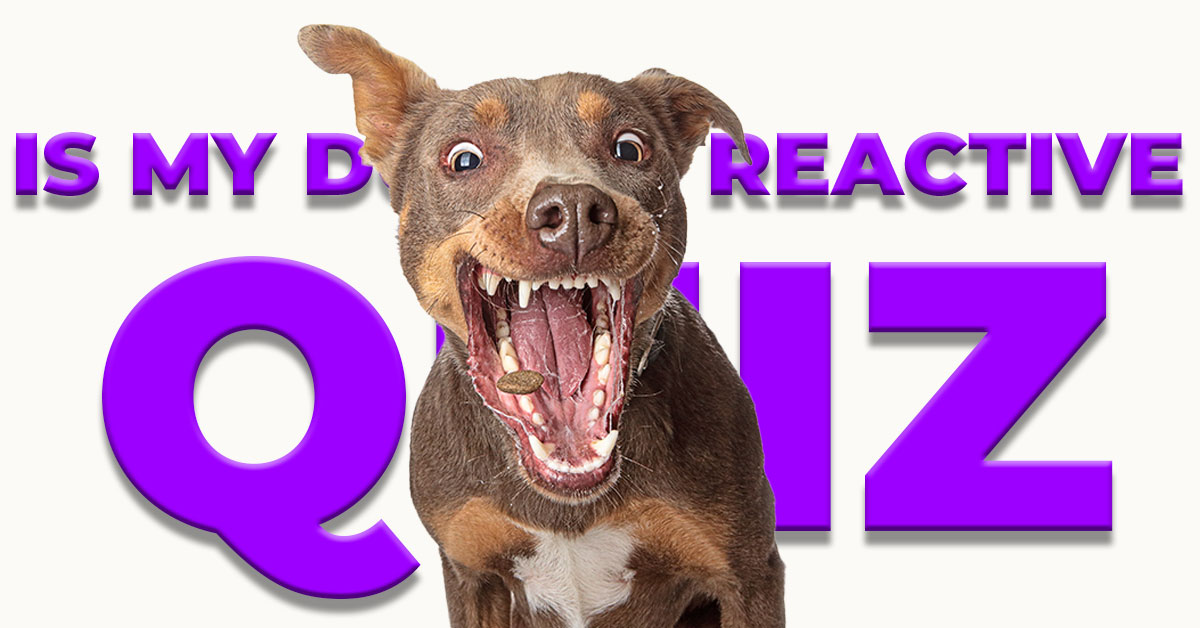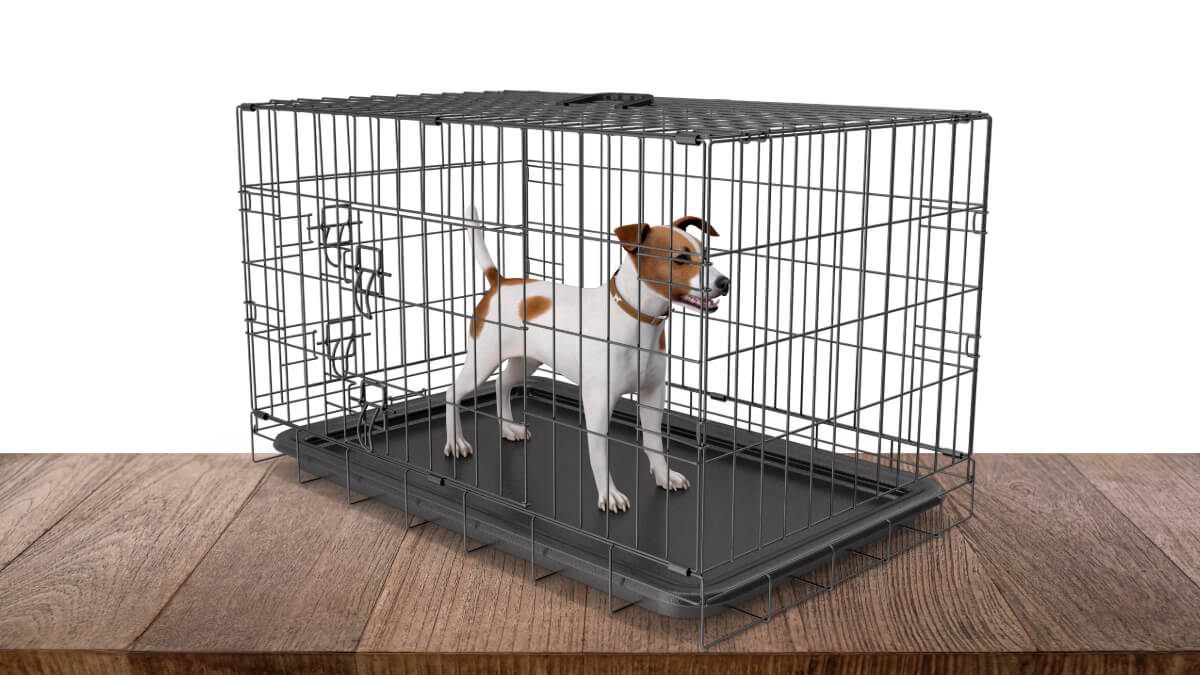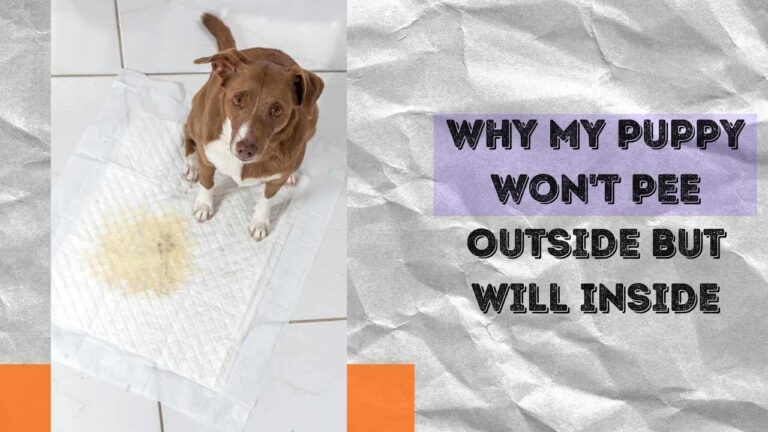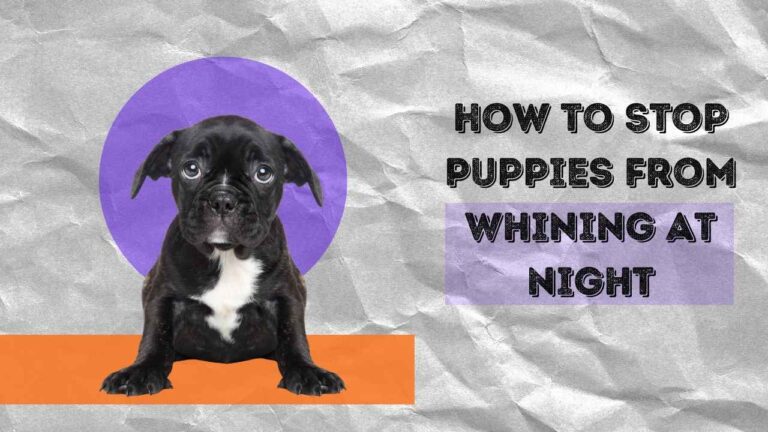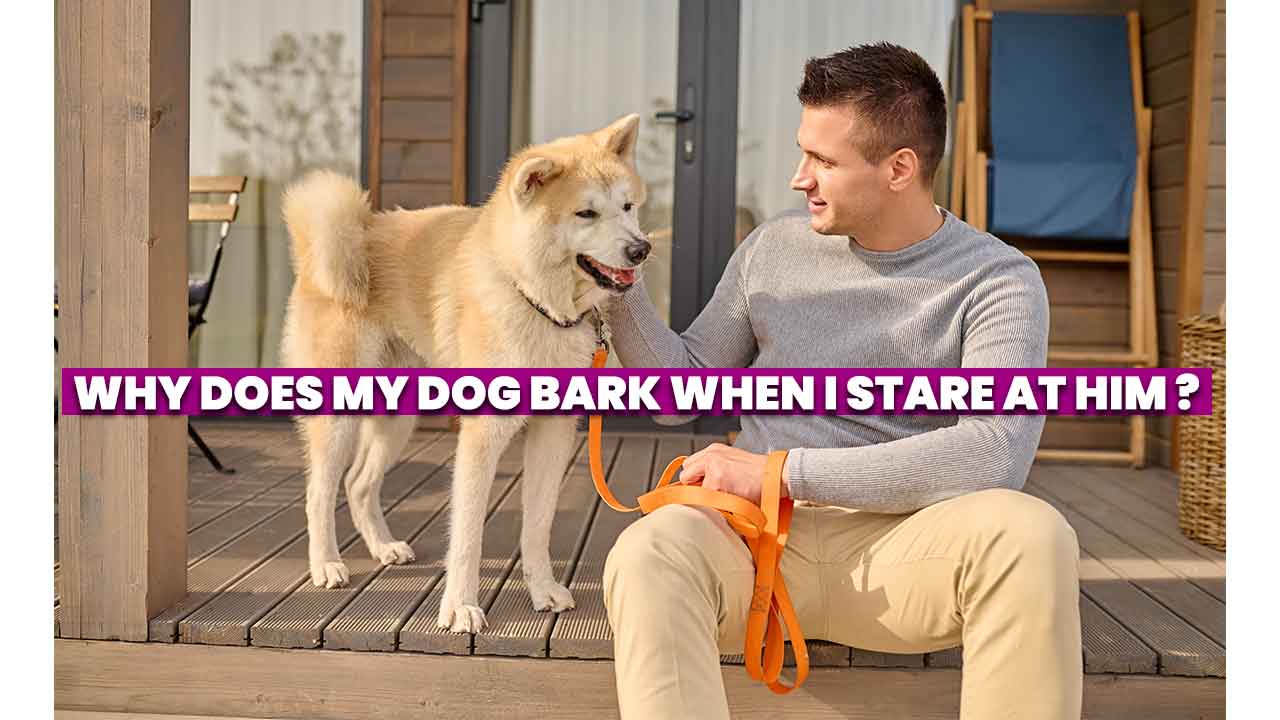Can Dogs Chew on Deer Bones?
Table of Contents
Key Takeaways: Can Dogs Chew on Deer Bones?
| Key Point | Details |
|---|---|
| Safe Preparation | Deer bones require proper preparation to be safe for dogs. |
| Risks Involved | Potential for splintering and bacterial contamination. |
| Nutritional Benefits | Provides calcium, phosphorus, and mental stimulation. |
| Alternative Chews | Options like rawhide chews and bully sticks are safer alternatives. |
| Size Considerations | Select bones appropriate for your dog’s size to minimize risks. |
Dog owners often wonder if they can give their furry friends natural chews like deer bones. In 2024, the topic of feeding deer bones to dogs has gained attention due to its potential benefits and risks. Here’s what you need to know about offering deer bones to your canine companion.
Understanding Deer Bones for Dogs
Deer bones, a natural source of nutrients, can be a great chew option for dogs. However, they require careful preparation to ensure safety. The most important steps include:
- Choosing the Right Bones: Opt for larger, thicker bones to prevent the risk of splintering.
- Cleaning and Boiling: Remove excess meat and boil the bones to kill bacteria.
- Proper Storage: Store extra bones in the freezer and thaw before use.
The Risks Associated with Deer Bones
While deer bones can be beneficial, they carry risks such as:
- Splintering: Can cause injuries or obstruction in the digestive tract.
- Bacterial Contamination: Raw bones may harbor bacteria like Salmonella.
Nutritional Benefits of Deer Bones
Deer bones offer several health benefits for dogs, including:
- Dental Health: Helps in removing plaque and tartar.
- Mental Stimulation: Chewing on bones reduces boredom and anxiety.
- Rich in Minerals: A good source of calcium and phosphorus.
Safer Alternatives to Deer Bones
If you’re concerned about the risks, consider safer alternatives such as:
- Rawhide Chews: Made from beef or pork hides.
- Bully Sticks: A durable and safe chewing option.
- Antlers: Naturally shed antlers provide a safe chewing experience.
Sizing Matters: Choosing the Right Bone for Your Dog
Selecting the correct size of deer bone is crucial to minimize risks. Keep in mind:
- For Large Dogs: Larger bones are recommended to prevent choking hazards.
- For Small Dogs: Smaller bones, while safer, should still be given under supervision.
More to Explore on our blog
For more insights into dog care and training, check out these helpful articles:
Monitoring and Supervision is Key
It’s crucial to always supervise your dog when they’re chewing deer bones. This vigilance helps in:
- Preventing Choking: Immediate intervention is possible in case of choking hazards.
- Detecting Splintering Early: To avoid ingestion of sharp bone fragments.
Understanding Your Dog’s Chewing Behavior
Different dogs have different chewing habits. Consider your dog’s chewing style before giving them a deer bone:
- Aggressive Chewers: Might break bones into dangerous shards.
- Gentle Chewers: Less likely to break bones, but supervision is still essential.
The Role of Deer Bones in Training and Behavior
Deer bones can be effective tools in dog training and managing behavior:
- Reward for Good Behavior: Can be used as a high-value treat.
- Help in Reducing Separation Anxiety: Keeps dogs occupied and reduces stress.
Vet Consultation is Crucial
Before introducing deer bones to your dog’s diet, consult your veterinarian, especially if:
- Your Dog Has Dietary Restrictions: To ensure deer bones are a safe option.
- Your Dog Has Dental Issues: To avoid exacerbating existing conditions.
Safe Handling and Hygiene Practices
Ensuring hygiene in handling deer bones is vital:
- Washing Hands: Before and after handling bones to prevent bacterial spread.
- Cleaning Eating Area: Regular cleaning to avoid contamination.
Discover more about dog care and training with these insightful articles:
- Introduce a Reactive Dog to Another Dog
- Are Hands-Free Dog Leashes Safe?
- Why Do Dogs Bark at Strangers?
Recognizing Signs of Trouble
It’s vital for pet owners to know the signs that may indicate a problem when their dog is chewing on a deer bone:
- Gagging or Choking: Immediate signs of a choking hazard.
- Disinterest or Pain While Chewing: Could indicate dental issues or internal injury.
- Changes in Stool or Vomiting: Signs of possible gastrointestinal blockage or irritation.
Long-term Health Considerations
While deer bones can provide immediate benefits, consider their long-term impact:
- Dental Wear and Tear: Regular chewing on hard bones can cause dental wear over time.
- Balanced Diet Impact: Ensure that bone chewing doesn’t replace essential parts of your dog’s diet.
Creating a Safe Chewing Environment
To ensure a positive experience:
- Dedicated Chew Area: Establish a specific area for bone chewing to contain any mess.
- Regular Bone Inspection: Check the condition of the bone regularly for safety.
Legal and Ethical Considerations
Understanding the source of deer bones is important:
- Ethical Sourcing: Ensure that the bones are sourced in a manner that’s respectful to wildlife.
- Compliance with Local Laws: Some regions have specific regulations regarding the possession and use of animal parts.
Community and Shared Experiences
Join forums or community groups to share experiences and tips:
- Online Forums: Share stories and advice with other dog owners.
- Local Dog Groups: Join local meetups to discuss dog care practices.
Summary and Final Considerations
- Preparation and Safety: Properly prepare and choose suitable deer bones to ensure safety.
- Monitoring: Always supervise your dog when they chew deer bones to prevent choking or splintering.
- Understanding Chewing Behavior: Tailor the choice of bones to your dog’s chewing style.
- Health Benefits and Risks: Acknowledge the nutritional benefits but also be aware of the dental and gastrointestinal risks.
- Alternatives: Consider safer chewing alternatives like rawhide chews or bully sticks.
- Vet Consultation: Always consult with your veterinarian before introducing deer bones to your dog’s diet.
- Hygiene Practices: Maintain proper hygiene when handling deer bones.
- Legal and Ethical Aspects: Ensure ethical sourcing and adherence to local laws regarding deer bones.
- Community Learning: Engage with online forums and local groups for shared experiences and advice.
Final Thoughts
Deer bones can be a beneficial addition to your dog’s routine, offering both nutritional benefits and mental stimulation. However, it’s crucial to approach this practice with caution, prioritizing your pet’s safety and health. Always consider your dog’s individual needs and consult with a professional when in doubt.

